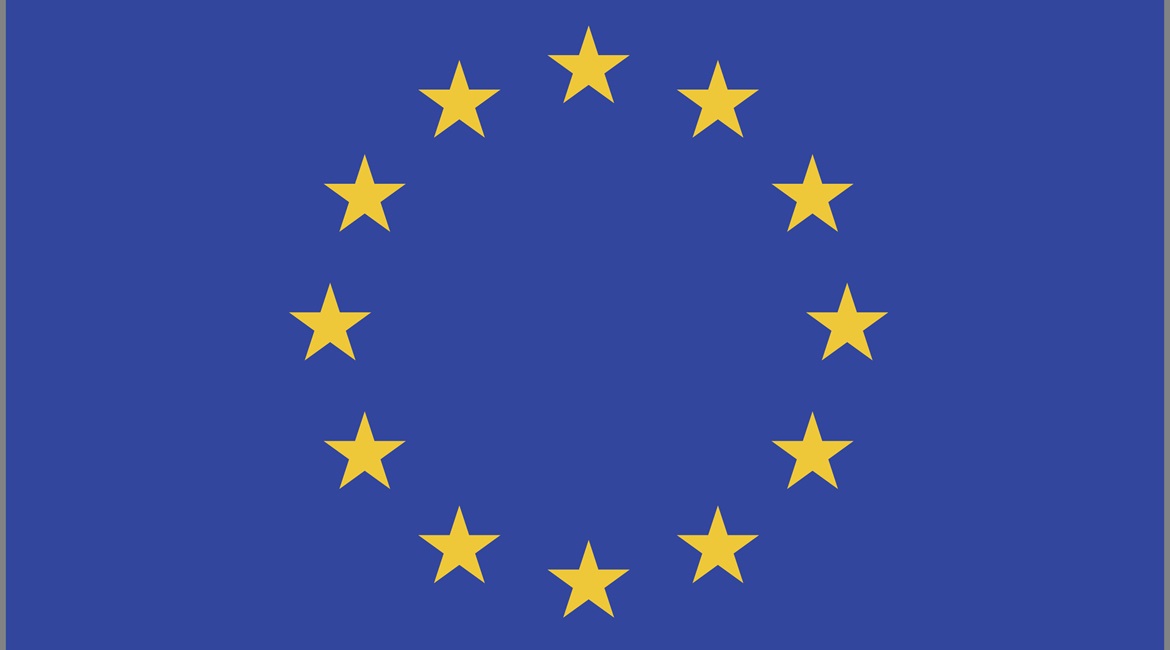
The EU’s militaries produce an annual carbon footprint equivalent to 24.8 million tonnes of CO2, that of 14 million cars, a new study by environmental scientists and others has estimated. Terming its estimate conservative in view of “the many data quality issues” across individual EU militaries, it warned that Europe’s upward trend in defence expenditure to meet NATO’s spending target of 2% of GDP “risks fueling an increase” in the military’s greenhouse gases (GHG).

A study commissioned by centre-left political groups in the European Parliament has found that EU militaries produce an annual carbon footprint equivalent to 24.8 million tonnes of CO 2 . (Getty Images)
Commissioned by the European Parliament’s centre-left political groups, the new 52-page document, 'Under the Radar: The Carbon Footprint of Europe’s Military Sectors', was released on 23 February and co-authored by Scientists for Global Responsibility and the Conflict and Environment Observatory, both based in the UK.
The study is critical of the fact that most of Europe’s militaries are not obliged to publicly report their GHG emissions on grounds of national security. As a result, “there is currently no consolidated public reporting of GHG emissions for the national militaries of the European Union and no overarching reduction targets that incorporate emissions from the military,” it observed.
The study’s authors examined available data from government and industry sources from the EU’s six largest countries in terms of military expenditure – France, Germany, Italy, the Netherlands, Poland, and Spain – and found France to have contributed approximately one-third of the total carbon footprint of all EU militaries in 2019. Overall, it said the transparency and accuracy of GHG emissions reporting was low in all six countries, as characterised by omissions, under-reporting or unclear data.
Looking to read the full article?
Gain unlimited access to Janes news and more...




